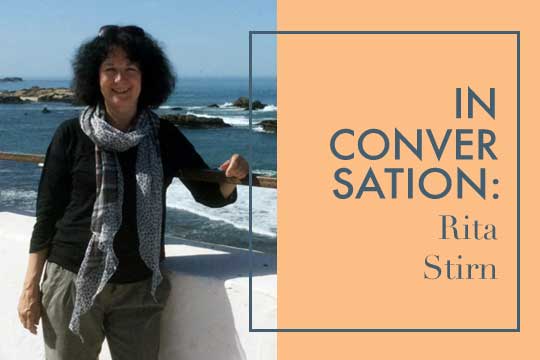This week our reporters bring you news of Morocco’s publishing industry—including reports of a plagiarism scandal—the release of Albanian LGBT activist Kristi Pinderi’s memoir, and a series of events celebrating global literary publication and design in New York. Read on to find out more!
Hodna Nuernberg, Editor-at-Large, reporting from Morocco
The King Abdul-Aziz Al Saoud Foundation, a Casablanca-based non-profit organization that provides rare and rigorous documentation about Morocco’s publishing industry, released its fifth annual report in February to coincide with the Casablanca International Book Fair.
According to the report, some 4,219 titles were published in Morocco last year, representing a steady growth of the publishing industry’s output. In 1987, by comparison, Morocco published 850 titles. But this increased production is served by an increasingly fragile distribution network: whereas Casablanca was home to 65 bookstores in 1987, only 15 remain today. Kenza Sefrioui, author of the meticulously researched (if disheartening) Le livre à l’épreuve, estimates that there is no more than one bookstore per 86,000 inhabitants and 84.5 percent of Moroccans do not have a library card.
The trend towards the Arabization of Morocco’s publishing industry continued in 2019, with Arabic accounting for 78 percent of literary works; French comprised 18 percent, and Tamazight just over 1 percent. Of these literary works, poetry is the dominant genre with the novel coming in a close second. And while 11.5 percent of literary works published last year were translations, nearly half of these translations were from the French (and almost a quarter from the English).
Moroccan books are, on average, the least expensive books in the Maghreb. The average price of a book published in Morocco is 72.74 dirhams, or about the cost of 10 liters of milk. In neighboring Algeria, the average price is 85.93 dirhams, while in Tunisia it’s 90.81. But in a country where a majority of people earn less than 2,500 dirhams a month, 72.74 dirhams can seem a prohibitive price.
The report ends with a sobering statistic: in Morocco in 2019, a whopping 83 percent of published works were written by men. READ MORE…






